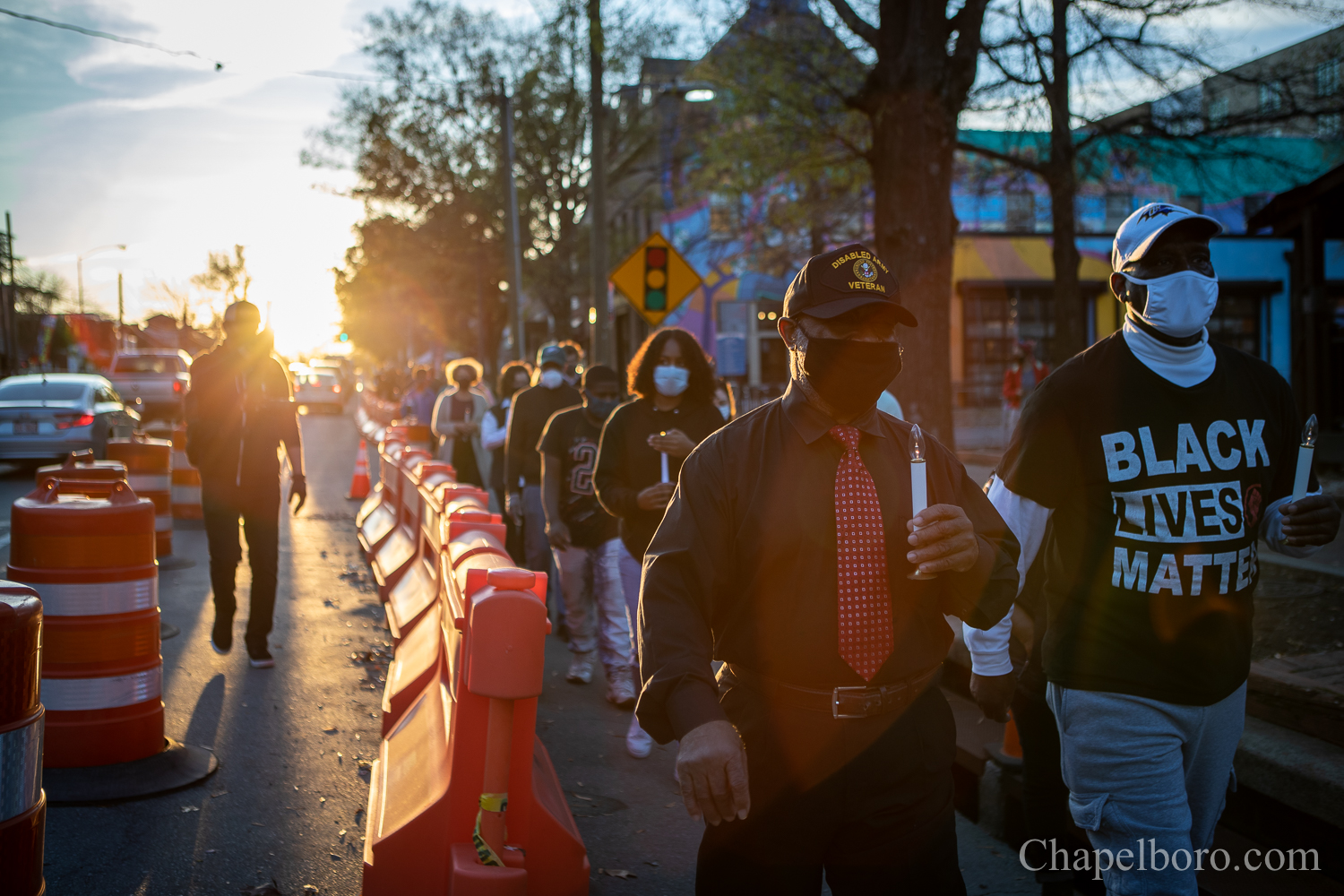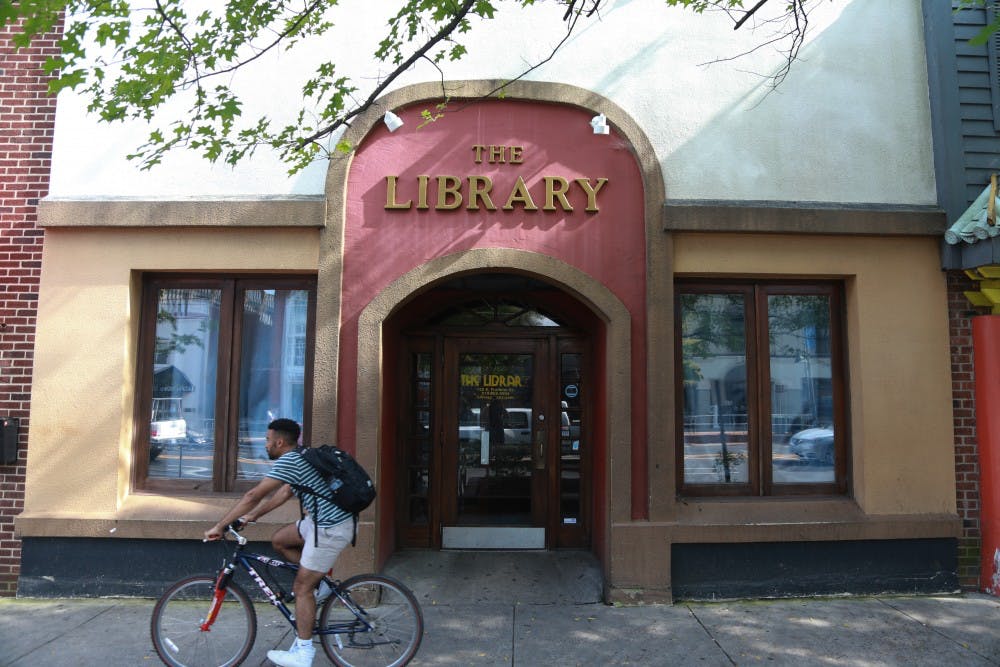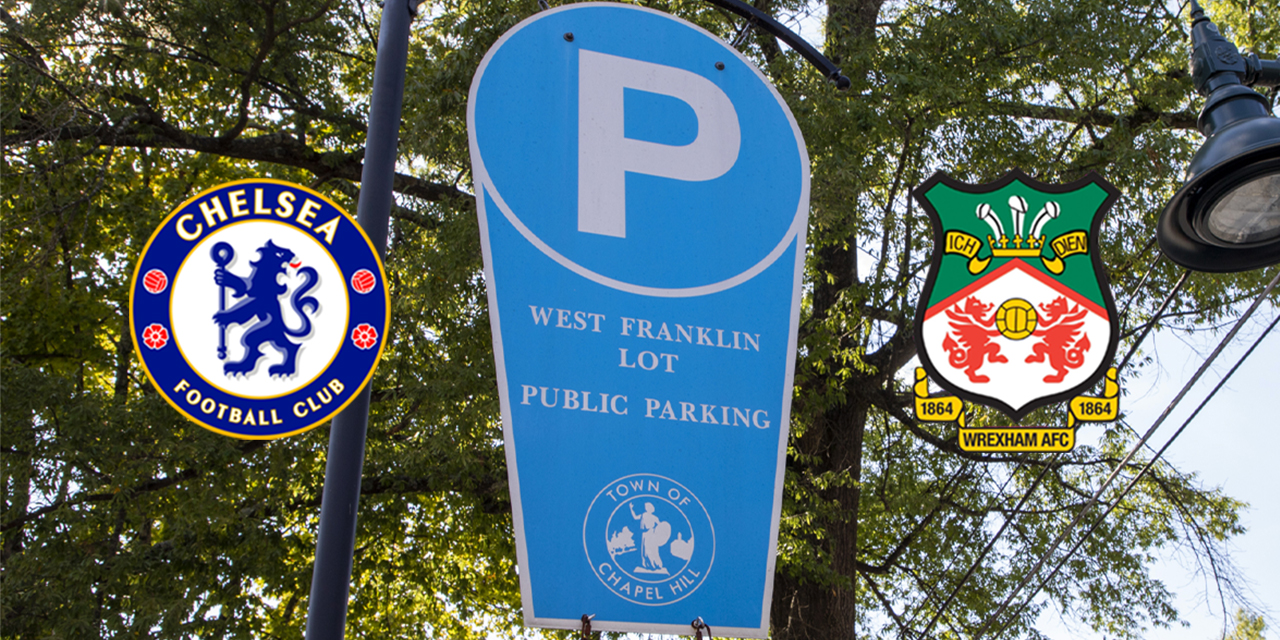On the anniversary of his tragic death, James Cates Jr. will be honored in several ways by the Chapel Hill town government and community.
Cates, a Black resident of Chapel Hill’s Northside neighborhood, died on November 21, 1970 at the hands of a man who was part of a white supremacist motorcycle gang called the “Storm Troopers.” Stabbed by a knife during a larger altercation, eyewitnesses at the event on UNC campus said Cates lay on the ground bleeding for 20 minutes before being taken to the hospital. He was 22 years old.
In recent years, more research has been committed to sharing more of Cates’ history, including his life prior to his murder. After starting at the segregated Lincoln High School, Cates was one of the first Black students to join the integrated Chapel Hill High School. He worked on the school newspaper and demonstrated during the Civil Rights Movement in the 1960s.
To honor his family and friends, who Chapel Hill says “have carried the pain of his loss for 50 years,” the town government is orchestrating ways for community members to mourn. On Saturday, flowers and personal messages to the Cates Family can be placed at the Peace and Justice Plaza on East Franklin Street. A web page on the Chapel Hill Community History website is also taking messages of remembrance and comfort that will be sent to the Cates family through Monday, November 23.
Additionally, a non-Town-sponsored remembrance march will take place at 4 p.m. on Saturday. Community members organizing the event say the march will start at the Hargraves Community Center before moving to the St. Joseph CME church and walking to the Peace and Justice Plaza.
Mayor Pam Hemminger shared a statement in a town release about Cates and his murder, saying a full account of the events leading up to his death are needed. She said the town government seeks to learn why the tragedy happened and wha role the Town of Chapel Hill played in those events.
“We commit to working with the Cates Family and with our partners at UNC to engage honestly with the people of Chapel Hill to comprehensively investigate the events of Mr. Cates’ murder,” said Hemminger. “We commit to being open to and transparent about all discoveries made as a result of this process. By working together, we will be working to make Chapel Hill a more just, understanding, and resilient community – one where a young Black man like James Cates can thrive and take pride in calling home.”
Photo via the Center for the Study of the American South.
Chapelboro.com does not charge subscription fees. You can support local journalism and our mission to serve the community. Contribute today – every single dollar matters.
Related Stories
‹

'We Expected Justice': 51 Years After James Cates' Murder, Trauma RemainsSunday marked 51 years since the tragic murder of James Cates, a Black man who was stabbed at just 22 years old in the middle of UNC’s campus.

Family, Community Members March to Remember James Cates 50 Years LaterFifty years have passed since the murder of James Cates on UNC's campus, but the pain of his Chapel Hill community still lingers.

Multiple UNC Football Players Facing Reckless Driving ChargesSeveral UNC football players are facing charges of reckless driving, speeding and other violations. An investigation by WRAL, originally published Monday afternoon, reported that “nearly 20 percent” of UNC’s 101-man roster has been cited for speeding since October of 2024. The investigation named three specific players: linebacker Khmori House, safety Gavin Gibson and cornerback Thaddeus […]

No More Coal? Chapel Hill Prepares for Hearing on UNC's Co-Gen Plant and Potential New Fuel SourceChapel Hill Town Hall will host a hearing on Thursday to take comments on a potential alternative fuel source for UNC's cogeneration plant.

Community Members, Alumni Share Messages of Support for UNC After ShootingFollowing news of an armed and dangerous person on the UNC campus, community members from around Chapel Hill, current UNC students and alumni shared messages of support online. Both as the events of the afternoon unfolded, and after learning that a faculty member was shot and killed, people shared their reactions to social media. That […]

East Franklin Street Property, Former Home of 'The Library,' SoldThe property at 120 East Franklin Street in downtown Chapel Hill has been sold. The property was most recently the home of the bar The Library, which closed in June of 2021. The 120 East Franklin property is located on the same block as UNC’s planned Admissions and Visitor Center. The property was sold to […]

'Football As It Should Be': Chelsea and Wrexham Show Off Chapel Hill to the WorldChelsea beat Wrexham 5-0 in Kenan Stadium Wednesday night, and Chapel Hill won. Fans from all over the country and the world flocked to Orange County to watch a soccer game in the dog days of July, which would have seemed like a pipe dream even six months ago. Actually, whatever the fanciful stage of […]

Chelsea vs. Wrexham: How to Watch, Cord-Cutting Options and Kickoff TimeChelsea and Wrexham will take the pitch inside Kenan Stadium Wednesday night in front of a sold-out crowd and a national television audience. The match may only be a friendly exhibition, but it will provide American fans a rare opportunity to see European soccer clubs play in the United States. If you aren’t going to […]

Here's What to Know Ahead of Chelsea v. Wrexham in Chapel HillUPDATE: This story has been updated to reflect that the park-and-ride tickets for the Tar Heel Express service are sold out, according to the Town of Chapel Hill on Tuesday morning. The FC Series matchup between Chelsea and Wrexham soccer clubs may not count on paper, but it’s going to create a lot of action […]

'The Lads Are Blown Away': Chelsea, Wrexham Enjoying Chapel Hill ExperienceThe British aren’t coming; they’re already here. Chelsea and Wrexham have arrived in Chapel Hill ahead of their sold-out exhibition match at Kenan Stadium on Wednesday night. Representatives from the two clubs met with the media on Tuesday at the stadium in their first public appearances since coming to North Carolina. Just a few feet […]
›












